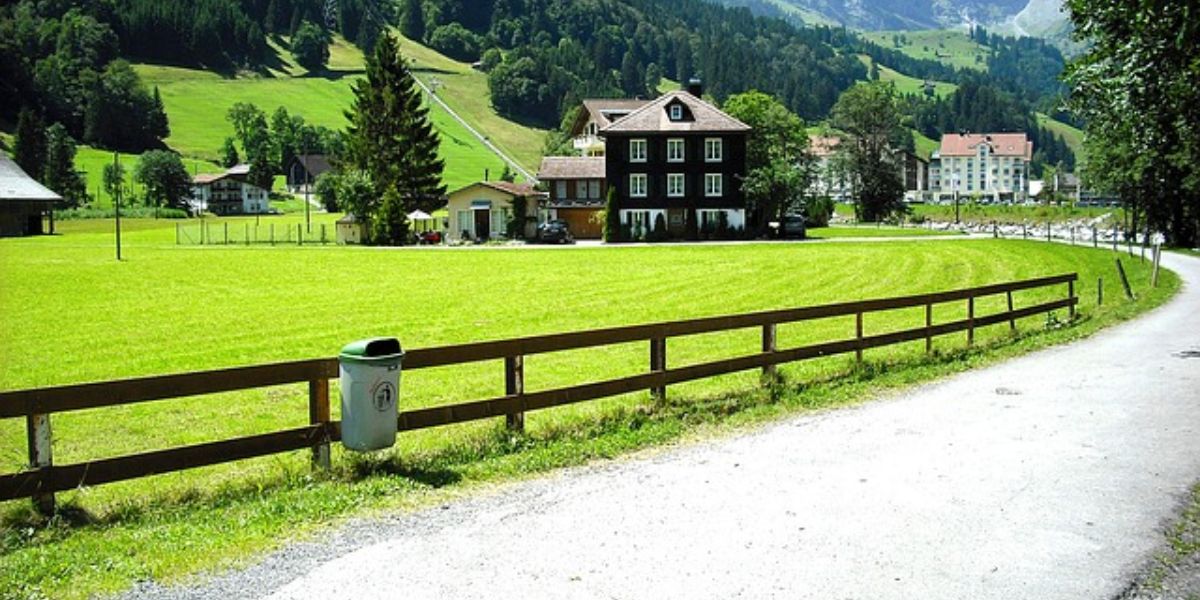On 17 August 2022 Switzerland launched a consultation on an ordinance to legislate for important elements in the OECD’s global minimum corporate tax under Pillar 2 of the international tax measures. The draft legislation would introduce a Swiss top-up tax as permitted by the OECD rules and a top-up tax in line with the OECD’s global anti-base erosion (GloBE) Model Rules. Comments are invited by 17 November 2022 and the ordinance would apply with effect from 1 January 2024.
The draft legislation refers mostly to the GloBE Model Rules with some additional domestic regulations. The domestic tax would take the form of a qualified domestic minimum top-up (QDMTT).
The international rules permit a qualified domestic minimum top-up tax (QDMTT) to be introduced under the domestic tax law of a country. This tax would be collected by the host country and would then be deducted by the taxpayer when computing the jurisdictional top-up tax to be paid under the international rules.
The draft legislation is based on a constitutional amendment currently under consideration in Parliament. The transitional provision included in the constitutional amendment authorizes the Federal Council to phase in measures governing the global minimum taxation of large corporate groups in Switzerland. A temporary ordinance would be in force until the permanent measures have been enacted through the regular legislative process.
Domestic top-up tax
The domestic top-up tax would apply to Swiss entities that are constituent entities of multinational groups with an annual worldwide turnover of EUR 750 million or more. If the jurisdiction where the ultimate parent entity of the group is resident applies a lower revenue threshold than EUR 750 million, the constituent entities of the group in Switzerland are also subject to the domestic top-up tax. The domestic top-up tax would be allocated among the constituent entities in Switzerland by reference to the top-up tax that would be charged if computed separately for every Swiss constituent entity.
International top-up tax
In addition to charging the domestic top-up tax, the legislation would implement the GloBE top-up tax under through an income inclusion rule (IIR) and an undertaxed payments rule (UTPR). The IIR applies to foreign constituent entities of multinational groups with annual turnover of EUR 750 million or more if the ultimate parent entity is in Switzerland. The UTPR would apply where there is a foreign constituent entity (with a foreign ultimate parent entity) that is not subject to a foreign IIR, if there is a constituent entity of the same group in Switzerland.
The ordinance refers to the GloBE Model Rules issued on 14 December 2021 and would ensure that they are directly applicable in Switzerland. The rules would be interpreted in line with the commentary to the GloBE rules and with other guidance such as the Implementation Framework.
Next steps
The final version of the ordinance, taking into account comments received and any developments in the OECD’s Pillar 2 approach, will be released after the constitutional amendment has been enacted. Currently Switzerland intends to implement all aspects of the ordinance including the UTPR by 2024. Developments taking place in other jurisdictions would be taken into account in finalising the date of entry into force of the ordinance in Switzerland. A second ordinance is expected to be issued to regulate the procedural aspects, with a public consultation on that second ordinance taking place later in 2022.













